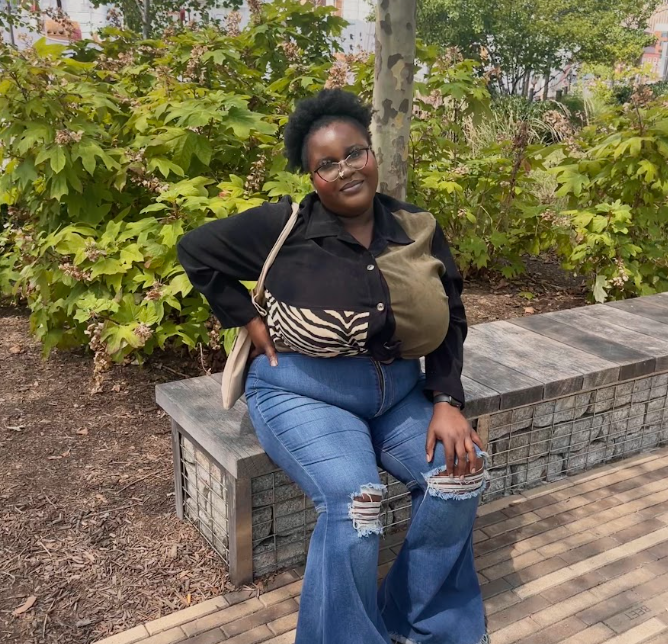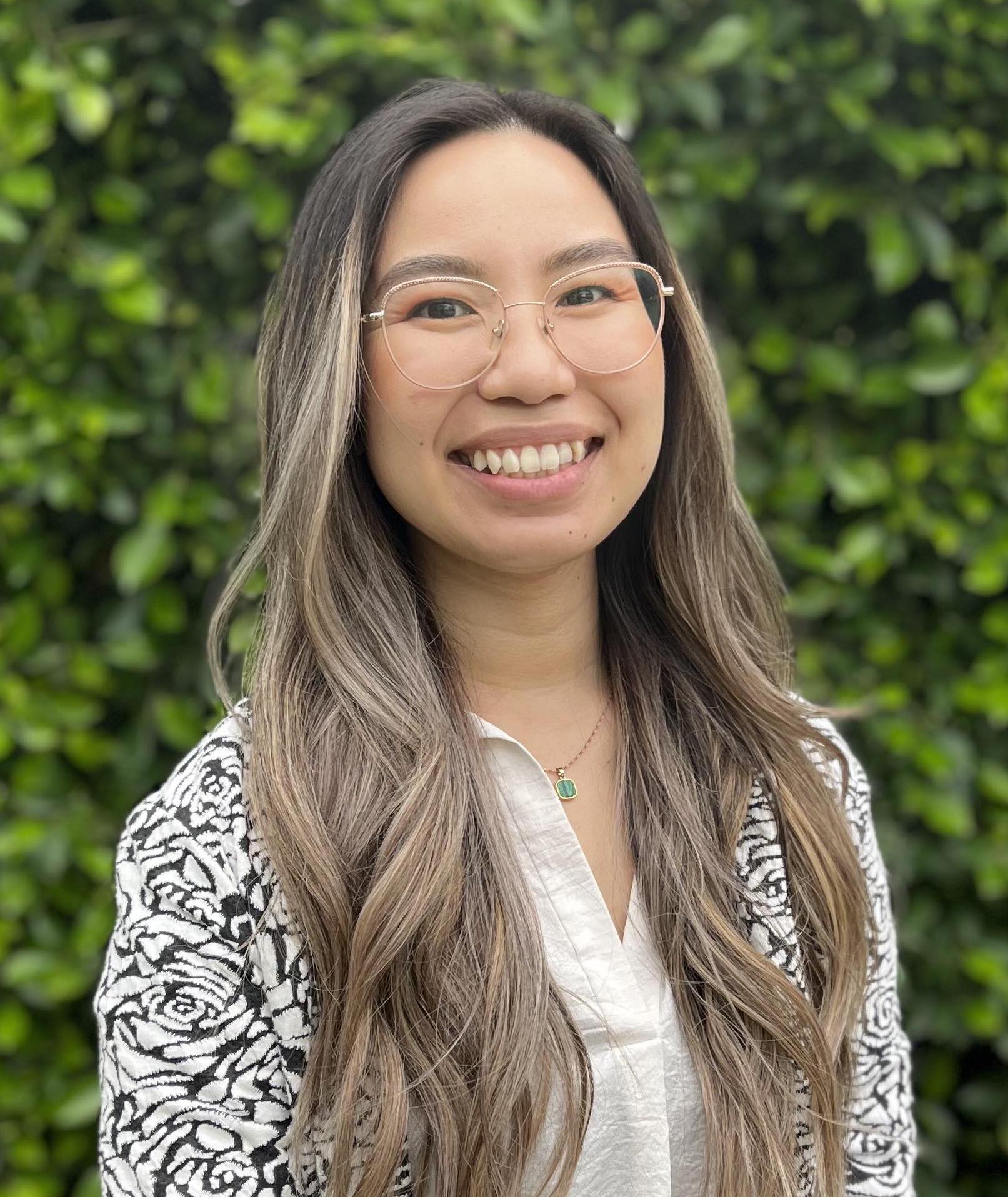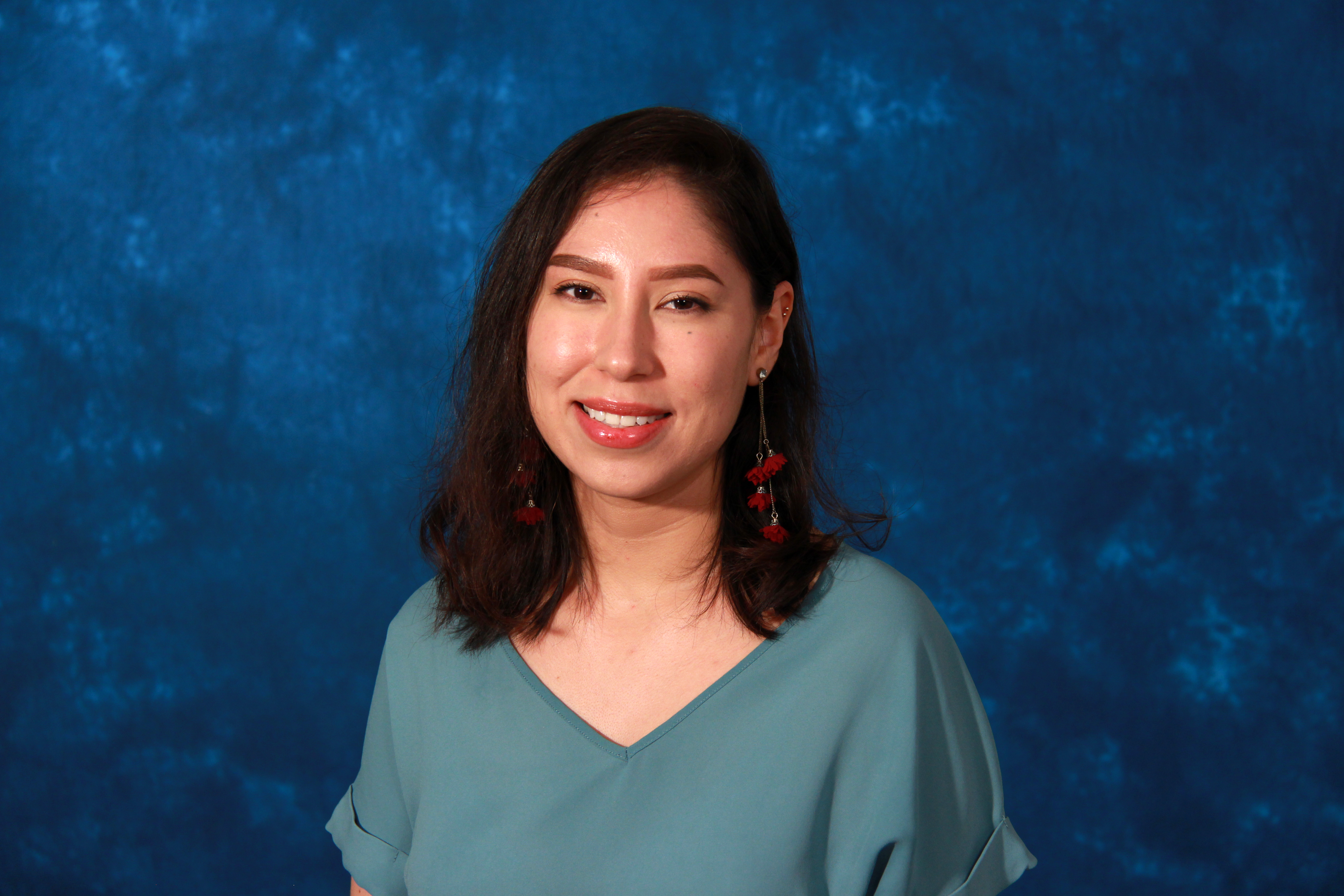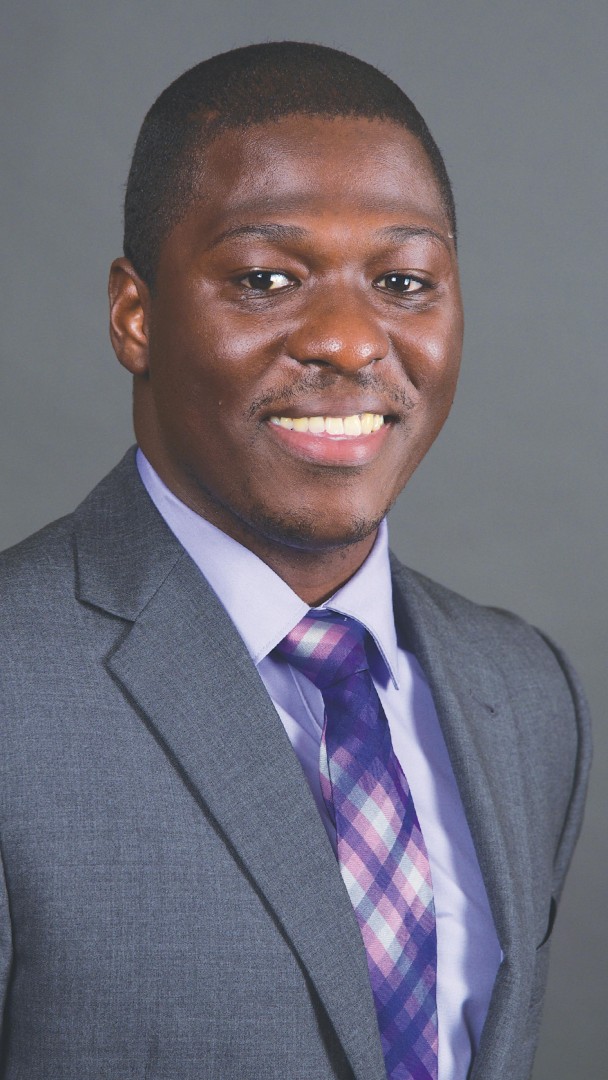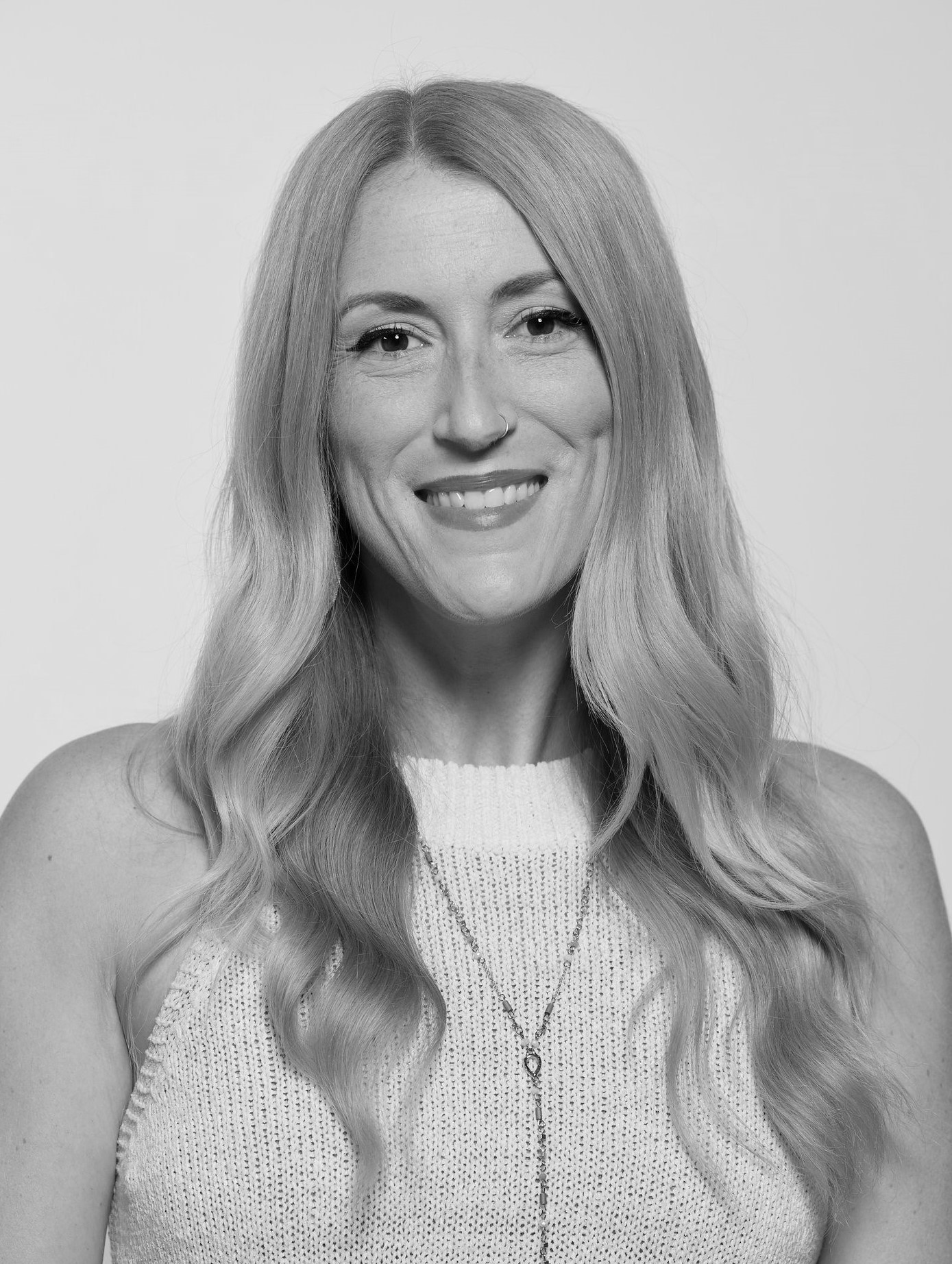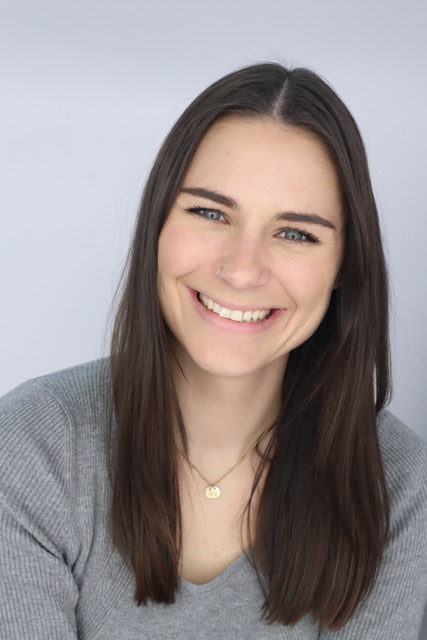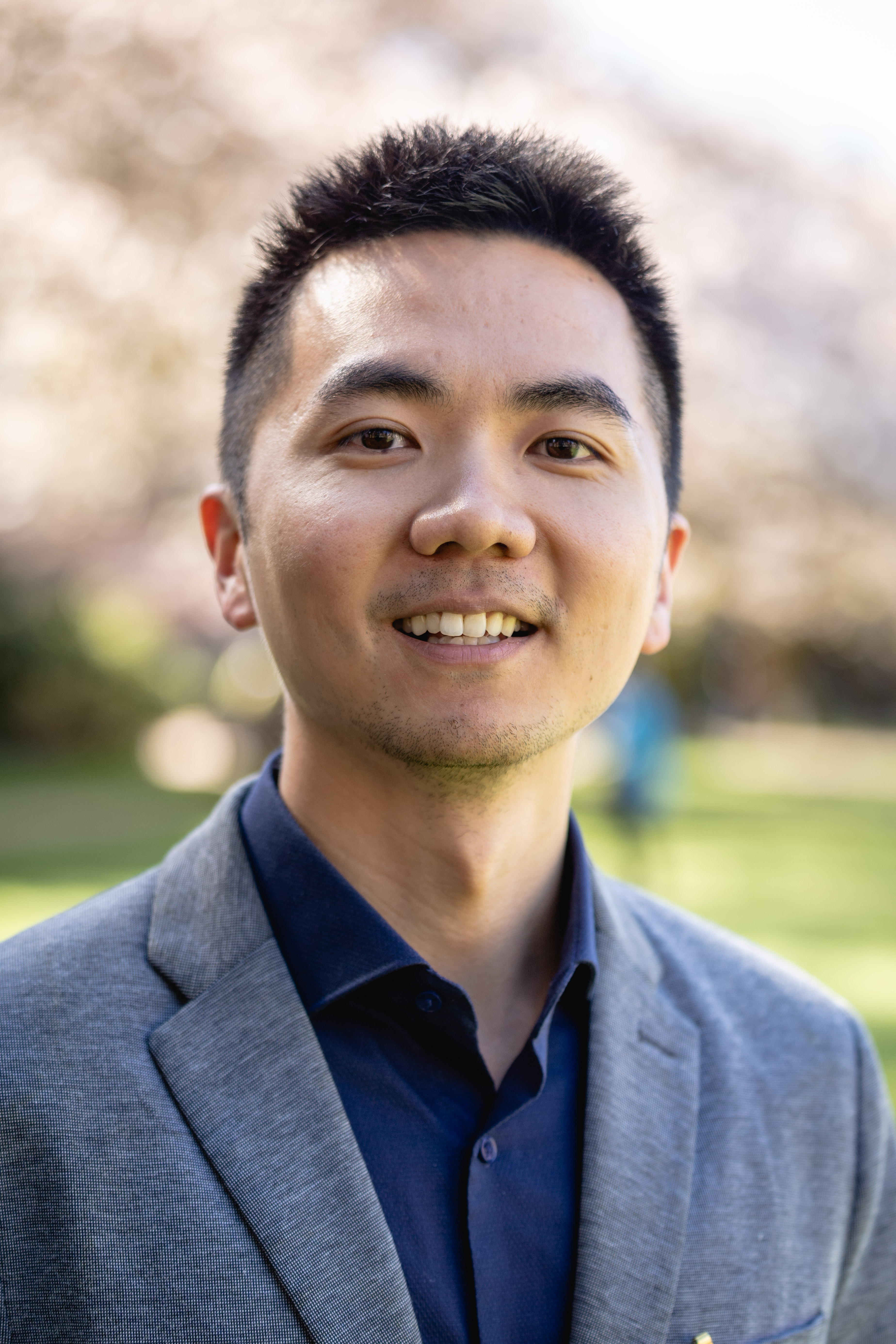2024 Leadership Collaborative Fellows BiosStudents
Rohan Arcot is a doctoral student in counseling psychology at Boston University Wheelock College of Education & Human Development. He works as a research team member in the ARISE lab and for the Center for Character & Social Responsibility. He serves as an APA Division 45 Campus Representative Co-Chair, the Association for Asian American Psychology (AAPA) Division on South Asian Americans (DoSAA) Membership Chair, and is an AACTE Holmes Scholar through BU Wheelock. Rohan previously worked as a teaching assistant at Johns Hopkins University School of Education and lab manager for the SPiEE lab as well as a graduate assistant for the Office of Diversity and Faculty Development. His research interests include Asian American mental health, culturally sensitive therapeutic treatments, positive psychology, liberation psychology, antiracist practices, and multicultural counseling training. Rohan is the inaugural recipient of the Johns Hopkins School of Education Diversity Advocate Award and the Chi Sigma Iota Lambda Chapter Outstanding Alumni Award.
Rachel L. Dyer, M.S. (she/her) is a current Health Service Psychology Intern at the University of Utah Counseling Center and incoming Assistant Professor of Psychology at Lawrence University—a small liberal arts college in Appleton, Wisconsin. Rachel earned both her B.S. (Psychology, Neurobiology) and M.S. (Counseling) from the University of Wisconsin-Madison where she is now a PhD candidate in Counseling Psychology, graduating August 2024. Within Division 17, Rachel is the Co-Chair of the Special Interest Group on Sex Positivity alongside Veronica Kim, and recently won the Barbara A. Kirk Award for Outstanding Graduate Student Research, the Outstanding Dedication to Advocacy in Counseling Psychology Award, and the Section for the Advancement of Feminist Psychology Student of the Year Award. Rachel’s path in life is significantly guided by having an abortion as a 15-year-old girl living in rural Wisconsin. Today, Rachel is a rising leader at the intersection of abortion and mental health. Her scholarship aims to identify and interrupt the psychosocial impact of systems of oppression in the context of reproduction and family-building, particularly abortion. Rachel wrote a chapter for the forthcoming Springer book, “The Handbook of Abortion Care for Mental Health Professionals and is a member of the team developing the APA’s first-ever professional practice guidelines on sex and reproduction. Rachel currently facilitates trainings on abortion and mental health for undergraduate and graduate students, mental health professionals, and hotlines including the HRSA National Maternal Mental Health Hotline. Rachel is the outgoing Executive Director of Exhale Pro-Voice—a nonprofit organization providing research-driven emotional support to people after their abortions. Rachel is a partner, daughter, sister, and friend. She enjoys exploring new restaurants with her husband, playing video games with her brother, developing her next Dungeons & Dragons character, sending 10-minute voice memos to her friends, and reading sci-fi and fantasy novels. Claude Louis Claude Louis, a second-year Haitian American counseling psychology Ph.D. student at Loyola University Chicago, earned his B.S. in Psychology from Albright College and an M.S. in Clinical Mental Health Counseling from the University of Bridgeport. He is a licensed therapist in Connecticut. Currently, Claude's research interests at Loyola centers around elucidating processes that free BIPOC (Black, Indigenous, and People of Color) individuals from the internal and external impact of racism and injustice. His primary focus is on comprehending coping mechanisms and the path to healing, aiming to develop interventions that highlight protective factors within BIPOC communities. These interventions are rooted in cultural humility and liberation perspectives. In his leisure time, Claude has recently embraced Jazz and African dance, inspired by a suggestion from a cohort mate. Additionally, he enjoys reading comic books, connecting with family and friends through various means, and discovering new ways to actively engage in advocacy work in his new home city of Chicago, aligned with the social justice and advocacy focus instilled in him by his mentors at Loyola Chicago. Tejasvini Mantripragada (She/Her) Tejasvini Mantripragada (she/her/hers) is a second-year Counseling Psychology Ph.D. student at Seton Hall University in South Orange, New Jersey. She spent most of her life in Florida and attended the University of Florida where she received her B.S. in Psychology and her B.A. in Women’s Studies. Tejasvini’s research interests focus on South Asian/South Asian American populations and how their identities and experiences shape them and contribute to their psychological well-being. She is currently conducting a qualitative study on how bicultural South Asian American women experience and navigate their gendered cultural identities. Tejasvini is interested in liberation psychology and how both researchers and practitioners can operate from a decolonial framework. She believes that the personal and professional are interconnected and inform each other and hopes to become a scientist-practitioner-advocate who centers the lived experiences of marginalized people and advances social justice. In her free time, she enjoys reading, drawing and painting, and playing the piano.
Mide Pecku Mide Pecku is a 1st-year Counseling Psychology Master’s student at Towson University in Towson, MD. She earned her B.S. in Psychology and Minored in Counseling and Human Services at Stevenson University. As an undergraduate, she engaged in social psychological research related to the effects of colorism on different aspects of self-concept among black individuals. Mide’s research interests include black resiliency, racial socialization, and self-concept specifically among black women, as well as mental health disparities in the black community. Mide’s career goal is to assist in improving Black Americans’ mental health by dismantling the stigma that mental health has within the black community. Mide is currently working with former leadership collaborative member, Pearis Jean, in her REGAL collective lab as Lab Manager. The REGAL collective is an acronym for Research Empowering Growth Oriented Afrocentric Liberation. This lab focuses on black resiliency by promoting black wellness and supporting survivors of trauma. Mide is hoping to pursue a Ph.D. in Counseling Psychology in the future and continue research to improve the lives of those in her community. When Mide is not working, she enjoys playing video games, sleeping, singing, and going to the gym to lift weights.
Jennifer Tarm (She/They) Jennifer Tarm (she/they) is a second-generation Asian American psychologist-in-training, educator, and community organizer. She is a third-year Counseling Psychology doctoral candidate at Springfield College and holds a master’s degree in Marriage and Family Therapy from the University of Southern California. Tarm’s work within wellness is centered in her values of education, leadership, and community. She comes from a range of training experiences across multiple settings to advocate for and support marginalized communities with historically oppressed identities. These settings include community mental health, school-based agencies, college counseling, group private practice, and outpatient health clinics. Her clinical and research interests include BIPOC mental health, gender/power-based violence, first/second-generation experiences, and social (in)justice issues. Currently, Tarm’s dissertation will explore the quality and experiences of social justice training in APA-accredited counseling psychology doctoral programs from the perspectives of BIPOC doctoral students and trainees. Tarm’s healing philosophy is informed through a systemic perspective and relational-cultural lens with roots in liberation psychology. Along with her clinical work, she is a professor at Westcliff University and Springfield College, teaching undergraduate psychology courses. Tarm is also the Director of Partnerships for Asian Mental Health Project, a nonprofit dedicated to educating, empowering, and advocating for more inclusive and accessible mental health care in pan-Asian communities. She believes that mental health is nurtured through and is a reflection of collective healing. Tarm’s healing and advocacy approaches aim to promote community-oriented care. She also enjoys facilitating personal and identity development with youth and young adults to shape future generations of critically-conscious leaders. Tarm energizes and (re)centers herself through healing activities such as her matcha tea ritual, spending time with loved ones, movement, watching K-dramas and anime, eating comfort food, and naps. ECPsMonica Becerra, PhD (She/They/Ella) Dr. Monica Becerra (she/they/ella) is a bilingual Latina currently serving UC Berkeley college students as a licensed staff psychologist. She is a first-generation college student daughter of immigrant parents from Mexico. She received her Ph.D. and M.A. in Counseling Psychology from SIU Carbondale and her B.A. in Psychology and Social Behavior from UC Irvine. Prior to joining UC Berkeley as a postdoc and then staff, she completed her internship training at the University of Oregon. Dr. Becerra believes healing happens in community and meaningful connections are important for well-being. Her research has focused on multicultural supervision and training as well as creating safe and brave spaces for individuals with marginalized identities. Her counseling approach takes a relational and multicultural orientation based on a trauma informed lens. She values being a presence that allows others to feel seen and has a deep appreciation for the courage it takes people to share their stories. Dr. Becerra enjoys mentoring, supervising, and working with first generation BIPOC college students. She is currently learning more about Internal Family Systems and Somatic Therapies. Dr. Becerra has an appreciation for all forms of art and creative expression. She enjoys connecting with nature, as well as connecting with people through food, music, and humor. She is a tea drinker and always welcomes movie, k-drama, and anime recommendations.
Samuel T. Beasley, PhD Samuel T. Beasley, Ph.D. is an Associate Professor of Counseling Psychology in the Counselor Education and Counseling Psychology Department at Western Michigan University (WMU). He currently serves as the Training Director for WMU’s Counseling Psychology program. Dr. Beasley’s overarching goal is to improve the education and training of diverse students who want to focus on racially/ethnically diverse individuals and communities. His research examines the training experiences of Black men and men of color in counseling psychology doctoral programs specifically and Black graduate men generally. Additionally, his research explores psychosociocultural predictors of academic outcomes for Black college students attending predominately White institutions. His work has been published in the multiple scholarly outlets, including the Journal of Black Psychology, Journal of Career Development, Journal of Multicultural Counseling and Development, Journal of Black Studies, and the Journal of Diversity in Higher Education. Dr. Beasley currently serves on the editorial boards of the Journal of Black Psychology and the Journal of Counseling Psychology. He previously served on the editorial board of The Counseling Psychologist. He earned his Ph.D. from the University of Texas at Austin under the mentorship of Drs. Kevin Cokley and Gigi Awad. He completed his predoctoral internship at The Ohio State University. He holds a master’s degree in Counseling and Counselor Education from Indiana University in Bloomington. He also earned his undergraduate degree in Psychology from the University of Kentucky. In his free time, he enjoys spending time with his wife and son.
Dr. Margo Gregor (she/her) is an Associate Professor in the Department of Psychology at The University of Akron. She received both her M.A. and Ph.D. in Counseling Psychology from the University of Maryland- College Park (APA Accredited) and became a licensed psychologist in 2019. She joined the faculty at The University of Akron in 2016, and primarily teaches and mentors within the Counseling Psychology doctoral program. She is also the director of the UA Psychology Department Counseling Clinic. Her research program focuses primarily on career development with a particular interest in the ways in which culture and social identities influence interests, choices, leadership, and educational and vocational outcomes. She has secondary interests in training and supervision of beginning counselors and measure development. She is a member of the American Psychological Association’s Division 17 (Society of Counseling Psychology) and Division 35 (Society of the Psychology of Women). She has served on the editorial board for the Journal of Vocational Behavior and has participated in small leadership roles within Division 17. Dr. Gregor also maintains a small private practice outside of her academic role. In her free-time she enjoys being in nature, reading, spending time with loved ones, and traveling.
Casey Hinger, PhD (She/Her) Dr. Casey Hinger (she/her) is an Assistant Professor in the Counseling Psychology doctoral program at Cleveland State University. She received her Ph.D. in Counseling Psychology from Georgia State University (GSU) and completed her internship at the GSU Counseling Center. Her research broadly focuses on addressing intersectional systems of oppression with an emphasis on antiracism and racial allyship dynamics from the perspective of Black, Indigenous, and People of Color. Through her research, clinical work, teaching, and advocacy, Casey is committed to continuously interrogating and working to dismantle White supremacy and other interlocking systems of oppression. As a graduate student at GSU, Casey was a Provost Dissertation Fellow, College of Education and Human Development Dean’s Research Fellow, and was awarded the 2023 Outstanding Counseling Psychology Doctoral Student Award. She served as the Student Affiliates of Seventeen Program representative for GSU and worked on Division 17 Presidential Initiatives that focused on racial justice and collective liberation. Currently, Casey serves as an Editorial Board member for The Counseling Psychologist. As a professor, she is passionate about multicultural training and student development and wellbeing. In conjunction with her professional pursuits, Casey loves spending time with her daughter and partner, cooking (mostly the eating part), playing volleyball, and finding ways to serve her community.
Xiang Zhou, PhD Dr. Xiang Zhou is a licensed psychologist and an Assistant Professor of Counseling Psychology in the College of Education at Purdue University since 2019. He received his Ph.D. in counseling psychology from the University of Minnesota and completed his APA predoctoral internship at the University of Washington. His work seeks to understand etic and emic factors underlying health disparities and minority youth development, and in turn, develop culturally adapted interventions, particularly among Asian and Asian diasporic communities. Zhou has conducted community-based participatory research with Hmong, Somali, and Burmese communities. He currently serves on several editorial boards (i.e., Journal of Family Psychology, Journal of Youth and Adolescence, Cultural Diversity & Ethnic Minority Psychology, and Journal of Prevention and Health Promotion). Outside of his professional commitments, he derives inspiration from the joys of culinary exploration, maintaining a fitness routine, and embarking on journeys to discover new destinations. |


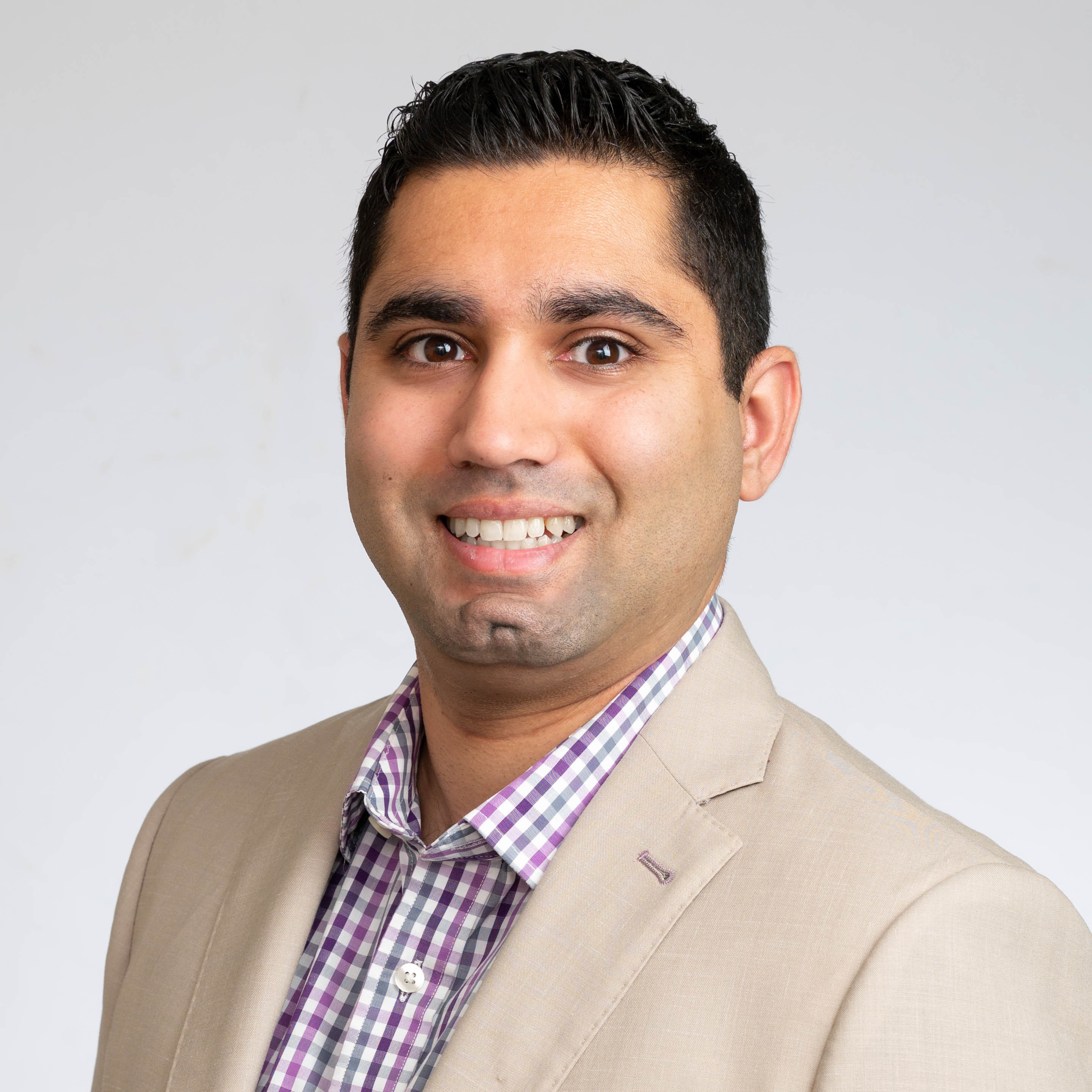 Rohan Arcot
Rohan Arcot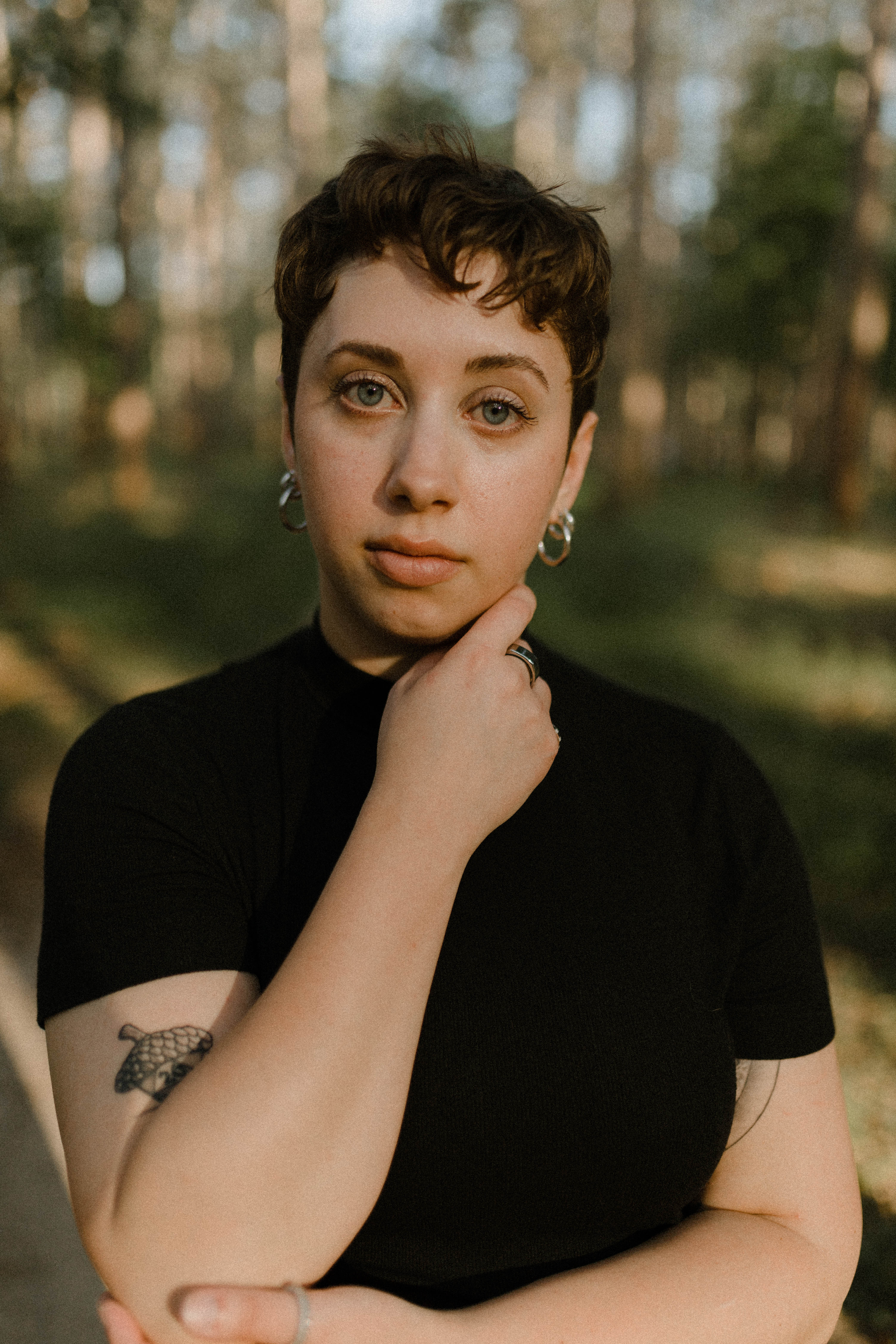 Rachel L. Dyer (She/Her)
Rachel L. Dyer (She/Her)
